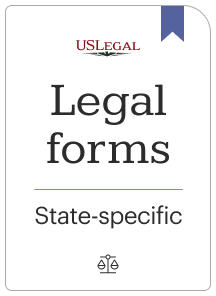

Application For Ejectment (Richland) South Carolina Application for Enactment (Richland) is a legal document used by landlords to evict a tenant from their rental property. This document is used in Richland County, South Carolina. It is a Notice to Quit, which is an official document that informs the tenant that they are required to leave the property within a certain amount of time, or face legal consequences. It also contains the legal information pertaining to the tenant's right to challenge the Notice to Quit in court. There are three types of South Carolina Applications for Enactment (Richland): 1) Non-Payment of Rent; 2) Breach of Lease; and 3) Holdover. The Non-Payment of Rent Application is used when a tenant has failed to pay rent on time, and the landlord wishes to evict them for this reason. The Breach of Lease Application is used when a tenant has broken the terms of their lease, such as keeping pets when the lease does not allow it. The Holdover Application is used when a tenant has stayed past the end of their lease and is no longer legally able to occupy the property.
South Carolina Application for Enactment (Richland) is a legal document used by landlords to evict a tenant from their rental property. This document is used in Richland County, South Carolina. It is a Notice to Quit, which is an official document that informs the tenant that they are required to leave the property within a certain amount of time, or face legal consequences. It also contains the legal information pertaining to the tenant's right to challenge the Notice to Quit in court. There are three types of South Carolina Applications for Enactment (Richland): 1) Non-Payment of Rent; 2) Breach of Lease; and 3) Holdover. The Non-Payment of Rent Application is used when a tenant has failed to pay rent on time, and the landlord wishes to evict them for this reason. The Breach of Lease Application is used when a tenant has broken the terms of their lease, such as keeping pets when the lease does not allow it. The Holdover Application is used when a tenant has stayed past the end of their lease and is no longer legally able to occupy the property.